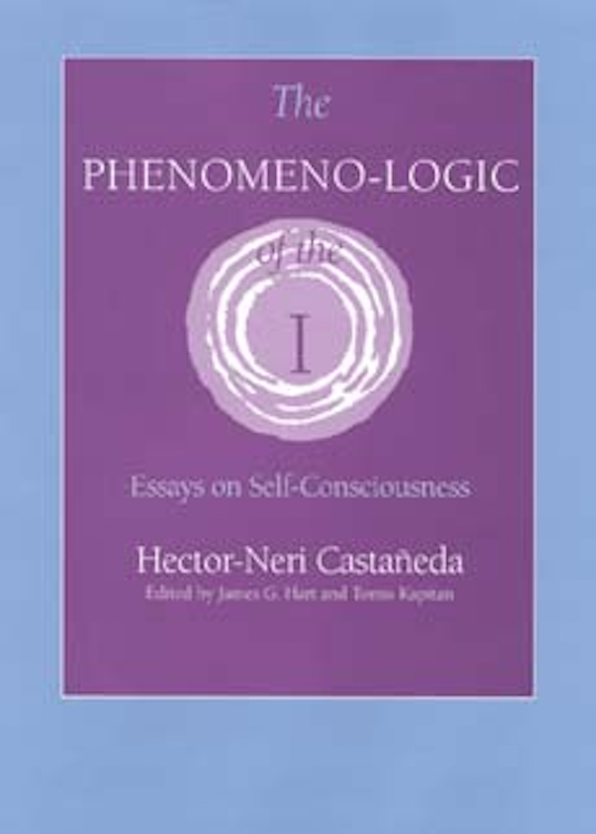Hector-Neri Castañeda is recognized as one of the most important philosophers of the late-twentieth century. Here readers will find a lively introduction to Castañeda’s thought as well as an opportunity to explore his rich and distinct voice. This unique volume will appeal to those interested in the philosophy of mind, cognitive science, and artificial intelligence as well as students of Castañeda and Latin American philosophy.
The Phenomeno-Logic of the I. Essays on Self-consciousness
Publication Type
BookLink
https://iupress.org/9780253335067/the-phenomeno-logic-of-the-i/Tags

Individualism and Psychology
Individualism and the Mental
Essais sur l’individualisme. Une perspective anthropologique sur l’idéologie moderne.
L’idéologie moderne se caractérise par la subordination de la réalité sociale à l’individu, considéré comme un être absolument indépendant et autonome. Cette idéologie distingue les sociétés occidentales des autres, qui, au contraire, subordonnent l’individu à la...
Sartre & Beauvoir on Feminism & Relationships
Jean-Paul Sartre and Simone de Beauvoir discuss feminism, relationships, and children. And then they play checkers.
Individuality
song by Area 7
Causality is from Persons (P.F. Strawson)
Limited Access
by Andrea Altobrando
—
In this article I try to illustrate the reasons why Husserl included such a metaphysically challenging concept as the monad in his phenomenology. I will first offer a brief historical reconstruction of that path that led Husserl to such an introduction, and then focus on some key features of the Husserlian monad (immortality and unbornness, epistemic substantiality, plurality of monads, and uniqueness of the objective world). I will finally turn to a reflection concerning the phenomenological tenability of Husserlian monadology and weigh its merits and shortcomings.
Monad, as a Concept in Phenomenology
by Andrea Altobrando
—
Encyclopedic entry that outlines the conceptual journey that led Edmund Husserl to introduce the concept of monad in his phenomenology. The article highlights how this introduction aimed to achieve a systematic view of what is revealed when rigorously adopting the phenomenological perspective. However, the entry also sheds light on the limitations, aporias, and derailments associated with this concept. This exploration provides a critical examination of the monad’s role and implications in phenomenological thought, offering insights into both its potential and its problematic aspects when one tries to consider the ontological implications of the results obtained through a phenomenological stance.



